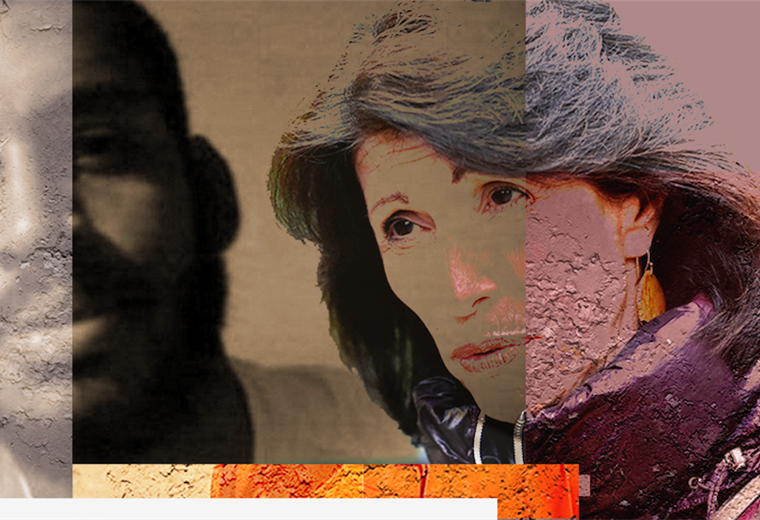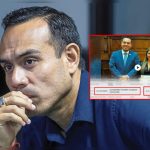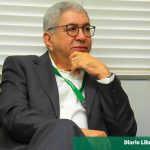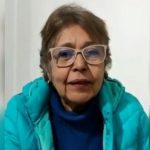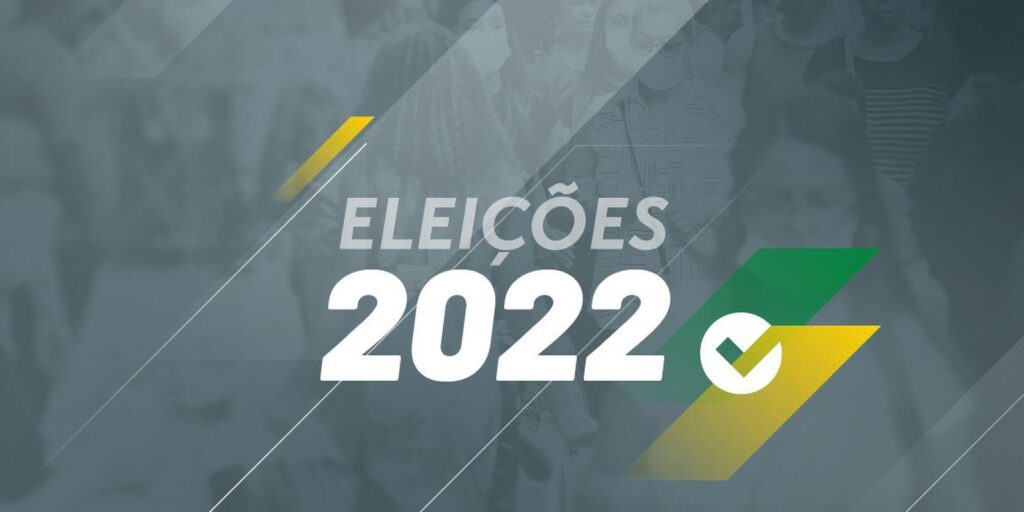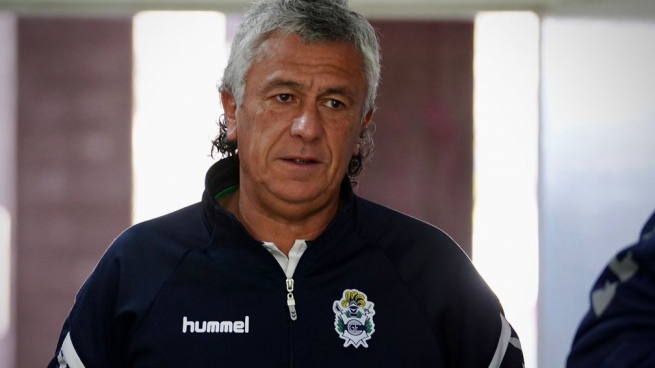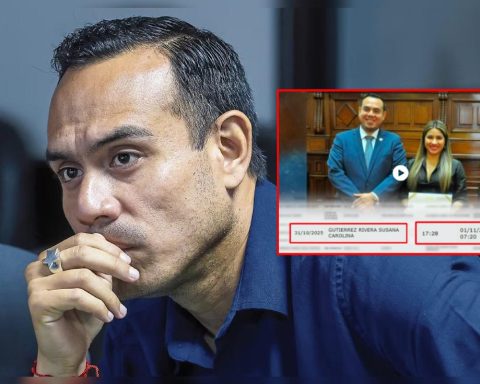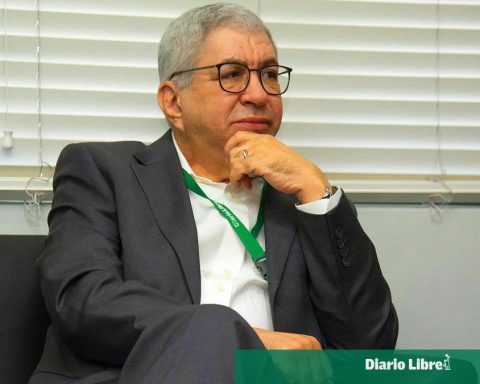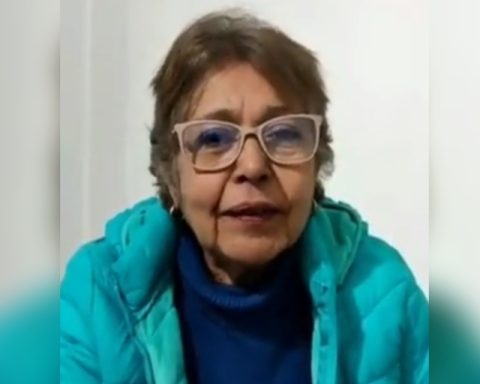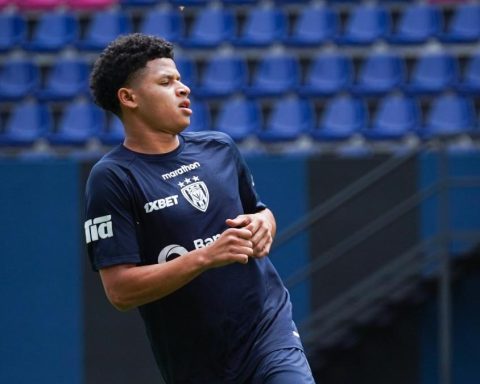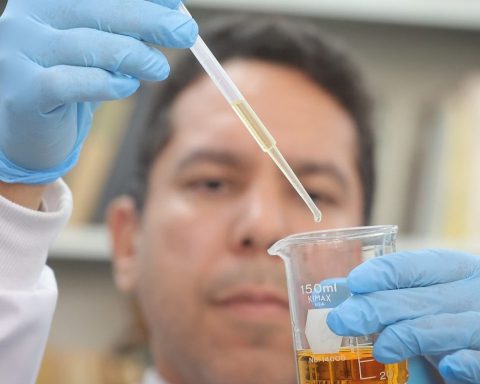August 20, 2022, 9:03 AM
August 20, 2022, 9:03 AM
Two members of the Islamic State group who helped assassinate American journalist James Foley are facing justice in the United States. One of them was convicted of murder on August 19. James’s mother sat face to face with the other.
It was a cold morning in Virginia last year when Diane Foley sat across from the man who kidnapped and helped kill her son, in a nondescript room at the courthouse where he would later be sentenced to life in prison.
When he entered the room, Alexanda Kotey was already there, sitting amid a flurry of activity and noise from FBI agents, defense attorneys, and caretakers.
But when he sat down, “it felt like it was just me and him.” “We looked at each other and said ‘hello’.”
Thoughtful and measured, the weight of the emotions of her experience lent an air of despondency to her voice as she recounted the moment and everything it summarized.
“It wasn’t easy, but it was important”, said. “Jim would have wanted me to.”
“Jim” was his son, the American journalist James Foley.
His 2014 assassination at the hands of a terrorist cell known as the ‘Beatles of Isis’ resonated around the world, showing the barbarism of the group known as Islamic State.
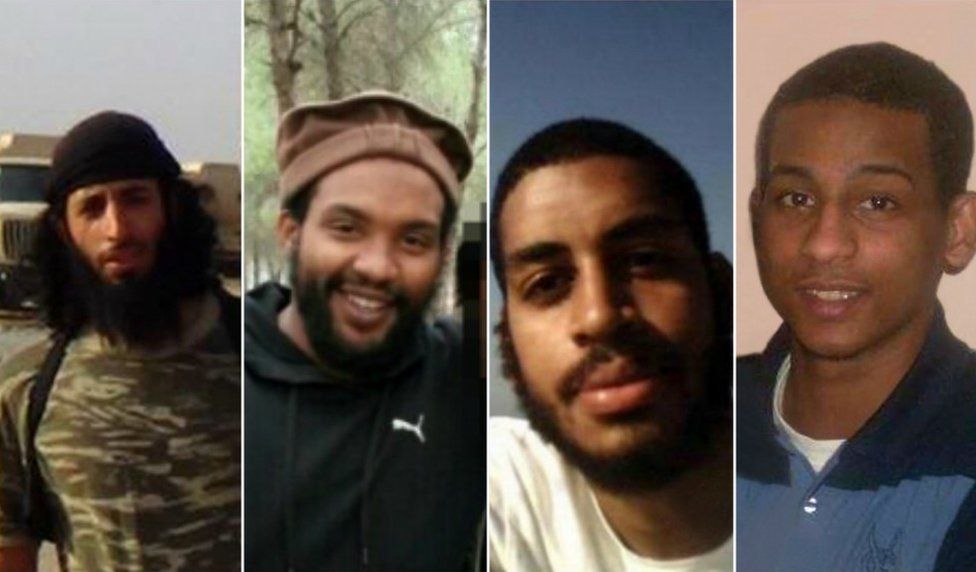
The group terrorized large swathes of Iraq and Syria, forcing millions to live under its brutal rule. At the height of their dominance between 2014 and 2017, they became the most feared group in the world.
James’s death, broadcast on Twitter on August 19, 2014, has become one of the most enduring and recognizable images of modern times: a young man kneeling in an orange jumpsuit in the desert.
A man in a black mask contemplates standing menacingly at his side with a knife.
A beheading performed in view of camera.
The video was titled “Message to America.”
Seven years later, two former British men, Elshafee El Sheikh, 33, and Kotey, 38, were convicted in a US court for their part in his murder as part of the Isis cell.
The Sheikh was sentenced in Virginia. In April, Kotey was jailed for life and Diane met him.
The four hours she spent with him were, for her, an affirmation of faith, forgiveness and a commitment to what has now become her life’s work after the trauma of her son’s death: freeing hostages around the world. .
Kidnapping
It is not a life that Diane, now 72, imagined for herself.
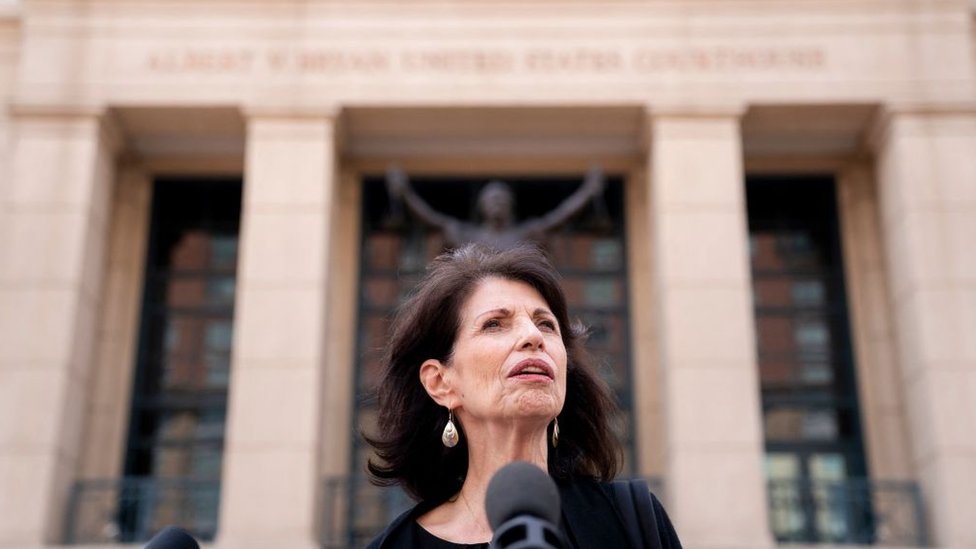
Before James went missing in Syria in 2012, she worked as a nurse, but in the weeks after she went missing, she quit her job.
It was not the first time that he had been kidnapped while reporting.
In March 2011, James and other colleagues were kidnapped in Libya by Colonel Muammar Gadaffi’s regime, but were released 44 days later.
This time, it would end differently.
James left for Syria in October 2012 to report on the escalating conflict. Aware of the potential dangers, he kept in regular contact with his family.
But by November, Thanksgiving was over, and Diane hadn’t heard from her son. It wasn’t until later that month that an email appeared in her inbox. Era of James’s captors.
The group said that if the family wanted James back, they had to get the US government to release prominent Muslim prisoners or hand over 100 million euros.
Similar demands were also made of the families of other American hostages the cell would kidnap: human rights activists Kayla Mueller and Peter Kassig, and journalist Steven Sotloff.
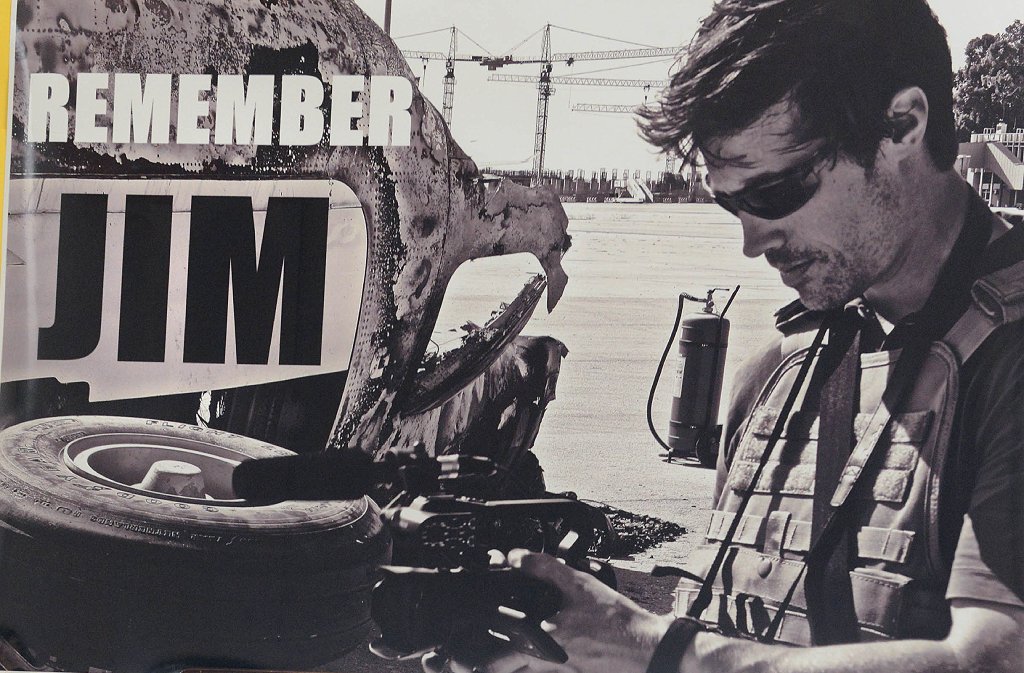
Weeks and months followed, but the family still held out hope that James would “come home for Christmas,” Diane said.
Outcome
The US government told the Foleys not to negotiate. According to Diane, they were even threatened with prosecution if they tried to collect the ransom themselves, although the US State Department denied this.
Months passed before the Foleys received another message threatening them with James’s death following US airstrikes.
“He will be executed as a direct result of his country’s transgressions towards us,” they said.
He would find out about James’s murder from a reporter.
“I thought it was a cruel joke“, he recalled.
In the weeks after James’ murder, the cell would continue to torture, beat, starve, and murder Peter and Steven. Kayla died in 2015; her murder was never filmed.
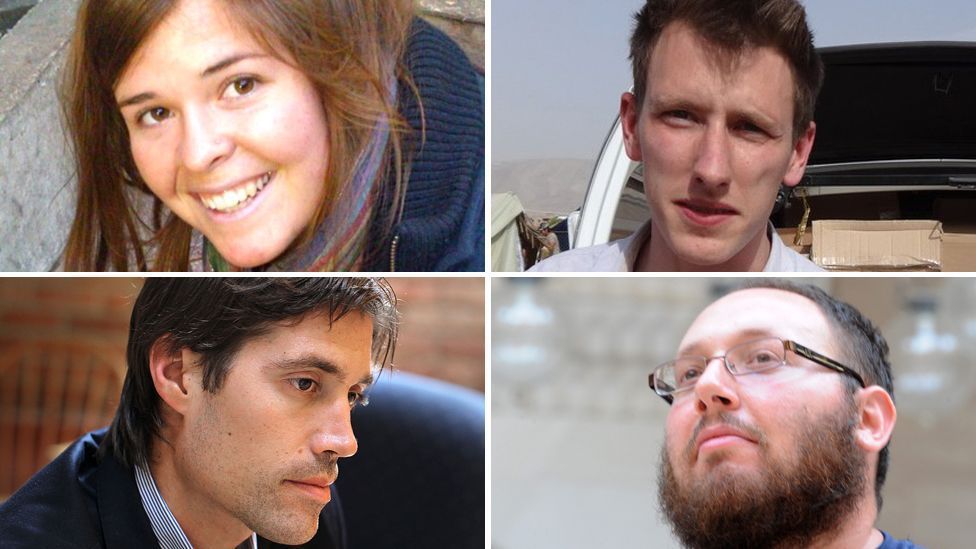
That year, a US drone strike killed Mohammed Emwazi, the militant seen as the ringleader of the group.
It was not until 2018 that the other two, Elsheikh and Kotey, were captured by a US-backed Kurdish militia in Syria, and later taken into US custody.
Another man, Aine Davis, was in a prison in Turkey and is now in the UK, where he was arrested on terrorism charges.
The families of those kidnapped pressed for them to be extradited to the US and tried in federal court instead of being sent to the Guantánamo Bay military prison.
“It was very important to us that these men be tried in EUSA and that they have a fair trial”Diane said.
The road has been tense and difficult, he said.
“He has [tomado] almost 10 years to get to this point.
“I wish our countries had worked together and brought our sons and daughters home instead of having to spend so much time seeking justice after their murders… [pero] It’s better than nothing,” he said.
the encounter
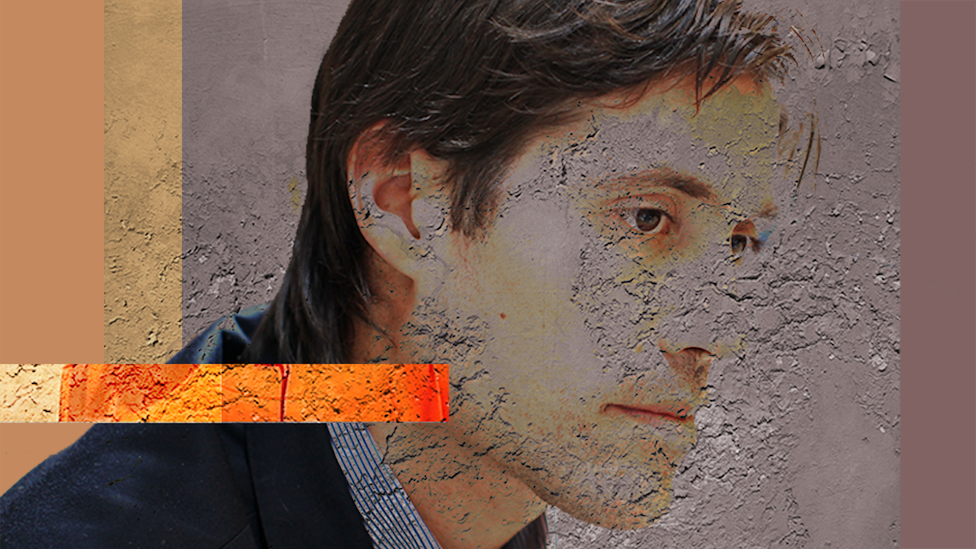
Kotey’s case, unlike El Sheikh’s, did not go to trial.
Kotey pleaded guilty to eight counts related to the kidnapping, torture and beheading of IS hostages in Syria. and agreed to meet with the families of the victims as part of the deal.
In that small room, as she stared at him, she felt more “on par” with the man convicted of helping kill her son, Diane said.
“It still scared me quite a bit, but of course, because I knew I was safe and couldn’t hurt myself anymore, I had some power,” he said.
“He had already done the worst and took my loved one“.
It was during their four hours together that he said he came to feel sorry for the militant who now faces spending his life in jail.
“I wanted Kotey to face the horror of what he did,” she said, telling him about the man she murdered, the oldest of her five children.
“For him to understand the goodness he destroyed and why people like James were in Syria. It’s because they cared and wanted to report the truth to the world“.
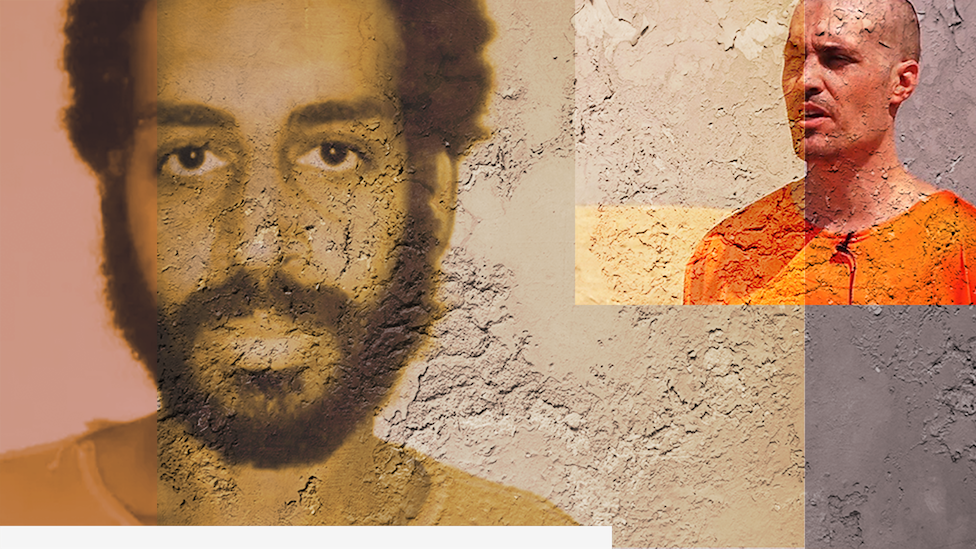
Kotey listened quietly, then spoke about his own family as well.
“He said he had been praying to his God for forgiveness. He shared a photo of his family. He has some young children who he will probably never see again. It made me realize how much he has lost by following the hate and propaganda. made me haveersorry“.
But he never told Diane where the bodies of the hostages he and his conspirators murdered are buried.
They have never been found.
“And he never said ‘I’m sorry‘. He was somber and respectful to me and spoke of remorse,” but he never apologized, he said.
As he turned to leave for the last time, he made a parting comment.
“I told him that I hoped that at some point we could both forgive each other,” he recalled.
He looked at her confused and said, “I don’t have to forgive you anything.”
Her plea, she explained, is based on her Catholic faith, the foundation of her strength and what has kept her going.
“I know you don’t have to forgive me for anything, but at the time… I don’t know.”
He paused, searching for words.
“I feel like as people, none of us are perfect. We all do things that we regret.”
The force
“If I hated them, they would have won. They would continue to hold me captive because I wouldn’t be willing to be any different than they were to my loved one. We have to pray for the courage to be the opposite.”
“It is a hard journey towards forgiveness, and I have completely succeededbut that’s what i aspire to“.
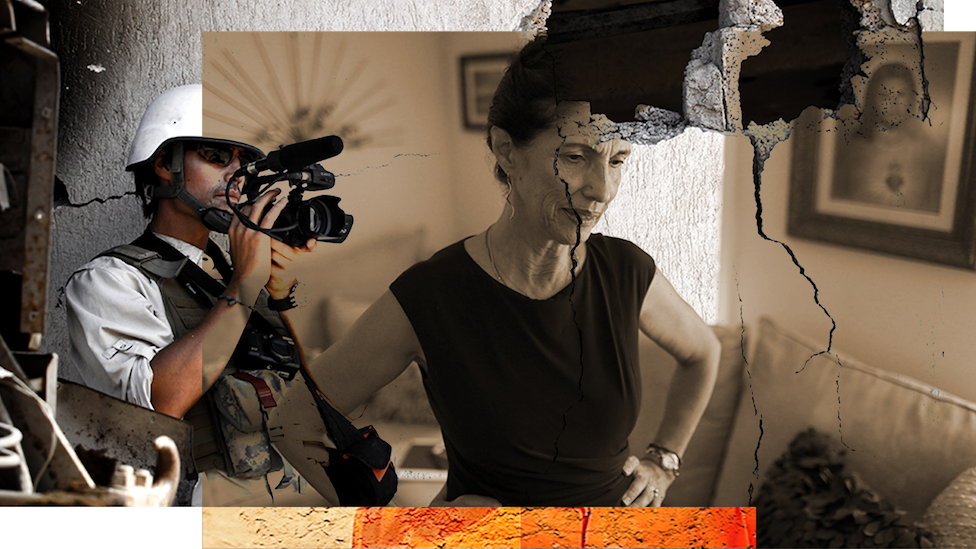
In the three weeks after James’s murder, Diane created something she says now gives her life purpose: the James W Foley Legacy Foundation.
He advocates that the US government do more to help citizens held hostage abroad.
Her work has made her a political force: Diane has been described as “unstoppable” by other hostage families.
“Governments must watch the backs of our citizens when they travel internationally,” he said.
“They need to be smart and have a lot of tools to use: sanctions, humanitarian aid, vaccines or visas, anything to open up humanitarian channels so we can stop the horror of international hostage taking.”
Despite everything, the suffering has not stopped for her or for her family, she admitted.
“It’s been really hard on Jim’s brothers and sister, and my husband. We’ll probably pay the price for everything we’ve been through forever. All families have a lot of post-traumatic stress.”
Relatives of the other victims have said they will not take Diane’s approach.
“I will never forgive them and I have made my peace with that”Bethany Haines, David’s daughter, told the BBC in April when the Sheikh was tried in court.
As part of the British authorities’ conditions for extraditions, neither Kotey nor Elsheikh will face the death penalty.
“I’m glad about that,” Diane said. “They have the rest of their lives to think about what they’ve done.
“They have lost their freedom, their citizenship, their families. Their hatred is not triumpheither”.
Additional reporting by Alison Hunter
Remember that you can receive notifications from BBC World. Download the new version of our app and activate it so you don’t miss out on our best content.
As part of the condition of their extraditions from British authority, neither Kotey nor Elsheikh will face the death penalty.
“I’m glad about that,” Mrs Foley said. “They have the rest of their lives to think about what they’ve done.
“They’ve lost their freedom, their citizenship, their families. Their hatred did not win.”
Additional reporting by Alison Hunter
